I'm late and lazy. No planes for 171. I'm gonna be gone for 173, so you get it early!
Video
Wikipedia
Sorry for being lazy and for doing the wrong number
I couldn't sleep so I fixed my lazinesss and Copied and pasted down the Info from Wikipedia.
The Vought V-173 Flying Pancake
The Vought V-173 "Flying Pancake" designed by Charles H. Zimmerman was an American experimental test aircraft built as part of the Vought XF5U "Flying Flapjack" World War II United States Navy fighter aircraft program.
Both the V-173 and the XF5U featured an unorthodox "all-wing" design consisting of flat, somewhat disk-shaped bodies (hence the name) serving as the lifting surface. Two piston engines buried in the body drove propellers located on the leading edge at the wingtips.
Design and Development
In the 1930s, Charles Zimmerman was a noted aeronautical engineer who advocated the concept of "discoidal" aircraft, the so-called "Zimmer's Skimmers"[3] and worked on a variety of projects on his own and with the Vought company. After testing using scale models, including a remotely controlled, electrically powered large-scale model, designated the Vought V-162, the US Navy approached Zimmerman and offered to fund further development. Data and concept documentation was given to the Navy in 1939, with wind tunnel tests on full-scale models being completed in 1940-1941.
The original prototype, designated the V-173 (Flying Pancake), was built of wood and canvas and featured a conventional, fully symmetrical aerofoil section (NACA 0015). Designed as a "proof-of-concept" prototype, the initial configuration V-173 was built as a lightweight test model powered by two 80 hp (60 kW) Continental A-80 engines turning F4U Corsair propellers. These were replaced by a pair of specially modified 16 ft 6 in three-bladed units. A tall, fixed main undercarriage combined with a small tailwheel gave the aircraft a 22° "nose-high" angle.[4]
Ground testing of the V-173, c. 1942
The disc wing design featured a low aspect ratio that overcame the built-in disadvantages of induced drag created at the wingtips with the large propellers actively cancelling the drag-causing tip vortices. The propellers were arranged to rotate in the opposite direction to the tip vortices, allowing the aircraft to fly with a much smaller wing area. The small wing provided high maneuverability with greater structural strength.
In January 1942, BuAer requested a proposal for two prototype aircraft of an experimental version of the V-173, known as the VS-135. The development version, the Vought XF5U-1, was a larger aircraft with all-metal construction, and was almost five times heavier.[5]
Operational history
The first flight of the V-173 was on 23 November 1942 with Vought Chief Test Pilot Boone Guyton at the controls. The aircraft's most significant problem concerned its complicated gearbox that routed power from the engines to its two long propeller shafts. The gearbox produced unacceptable amounts of vibration in ground testing, delaying the aircraft's first test flight for months. Flight testing of the V-173 went on through 1942 and 1943 with 190 flights, resulting in reports of UFOs from surprised Connecticut locals.[6] Charles Lindbergh piloted the V-173 during this time and found it surprisingly easy to handle and exhibiting impressive low-speed capabilities. On one occasion, the V-173 was forced to make an emergency landing on a beach. As the pilot made his final approach, he noticed two bathers directly in his path. The pilot locked the aircraft's brakes on landing, causing the aircraft to flip over onto its back. Remarkably, the airframe proved so strong that neither the plane nor the pilot sustained any significant damage.
The developmental V-173 made its last flight 31 March 1947. In 131.8 hours of flying over 190 flights, Zimmerman's theory of a near-vertical takeoff- and landing-capable fighter had been proven.[8] The V-173 is now part of the Smithsonian collection at the Paul E. Garber Preservation, Restoration, and Storage Facility in Silver Hill, Maryland. It is currently at the Vought Aircraft plant in Grand Prairie, Texas being restored to go back on display. As of April 2012 it is on loan to the Frontiers of Flight Museum in Dallas, Texas.
Specifications
General characteristics
-
Crew: One, pilot
-
Length: 26 ft 8 in (8.128 m)
-
Wingspan: 23 ft 4 in (7.1 m)
-
Height: 14 ft 9 in (4.51 m)
-
Wing area: 427 ft2 (44.2 m2)
-
Loaded weight: 2,258 lb (1,024 kg)
-
Powerplant: 2 × Continental A-80 horizontally opposed, four-cylinder engines, 80 hp (60 kW each) each
Performance
-
Maximum speed: 138 mph (222 km/h)
-
Rate of climb: to 5,000 ft in 7 min (1,100 m in 5 min)
Comment has been collapsed.
Beautiful, it was my favorite plane in Strikers 1945 II. I was quite shocked when I found out that it was real!
Comment has been collapsed.
The XF5U was a bigger and better version of the V-173 devolved from it. WWII created a bunch of weird impractical and useless aircraft, but the V-173 and XF5U were beautiful planes and a great step in the development of VTOL aircraft.
Also, Iv'e never played Strikers 1945 2, but they ported it to android, so I might check it out.
Comment has been collapsed.
Flying pancake! lol
I can definitely see why people were reporting UFO sightings while this plane was around!
Comment has been collapsed.
Comment has been collapsed.
I'm going to sleep so here is 172
https://en.wikipedia.org/wiki/Cessna_172
Goodnight, and thanks for the next 3 or four giveaways that I probably won't be able to enter.
Comment has been collapsed.
【Steam】RIOT - Civil Unrest|Free until Dec 15 00...
21 Comments - Last post 1 minute ago by omegathirteen
【Steam DLC】HELLDIVERS™ 2 - TR-117 Alpha Command...
8 Comments - Last post 1 minute ago by lostsoul67
【Steam DLC】No Man's Sky - Starborn Phoenix Ship...
10 Comments - Last post 1 minute ago by pb1
Where are those giveaways coming from?
16,405 Comments - Last post 3 minutes ago by Carenard
【Amazon Prime Gaming】Freebies List|2024-12-12|1...
741 Comments - Last post 11 minutes ago by orono
+3 free games for owners UBERMOSH + Original S...
9 Comments - Last post 56 minutes ago by nonegiven
[Humble Bundle] October 2024 Humble Choice (#59...
464 Comments - Last post 56 minutes ago by duville
🎂 1st cakeday celebration
90 Comments - Last post 2 minutes ago by puninup
Everyone gets a chance
449 Comments - Last post 4 minutes ago by omarhafez
The 11th Cake
29 Comments - Last post 13 minutes ago by greddo
Anti ninjas key drops (no keys in messages thou...
9,475 Comments - Last post 13 minutes ago by Sno1
2024 Winter Sale - Mystery Cards now dropping!
8 Comments - Last post 15 minutes ago by VahidSlayerOfAll
Orphan keys drop thread
28,470 Comments - Last post 27 minutes ago by GuiDoteiro
What bundled games have you been trying to win ...
2,116 Comments - Last post 28 minutes ago by GuilhermeSLFA
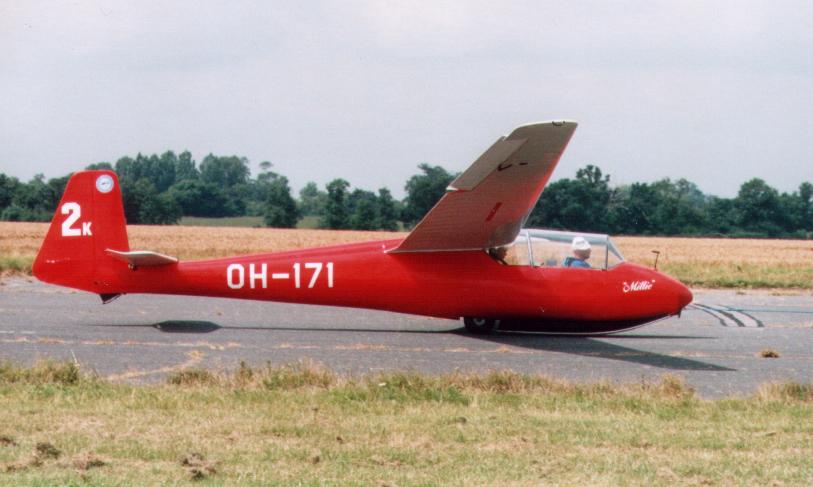
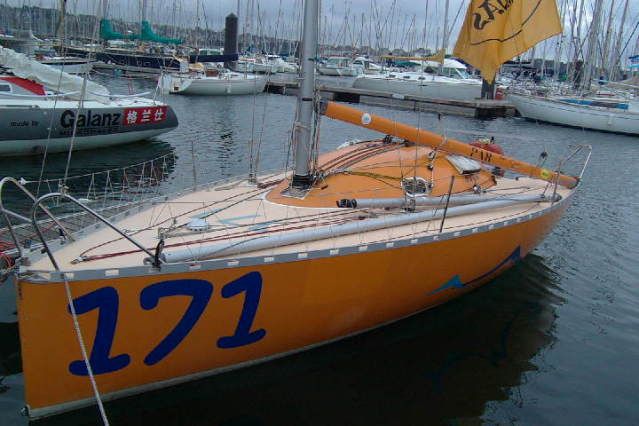


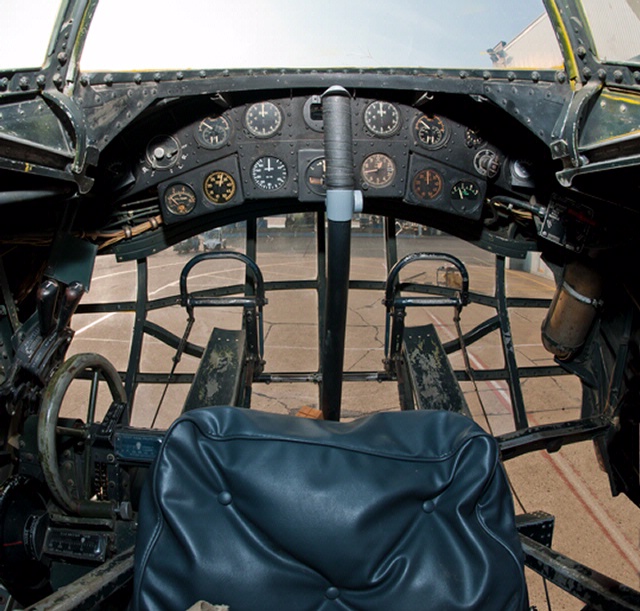

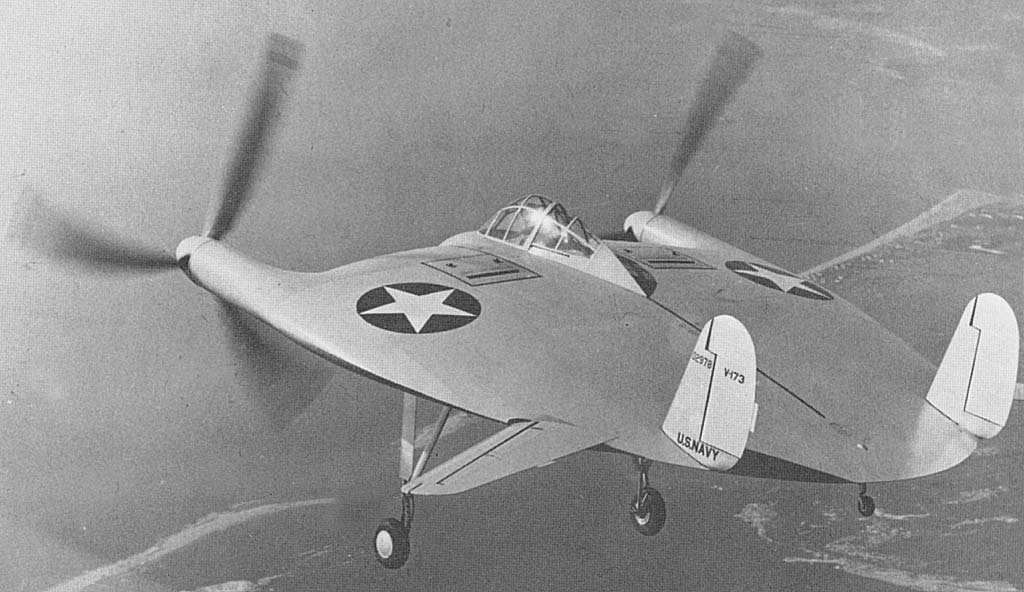







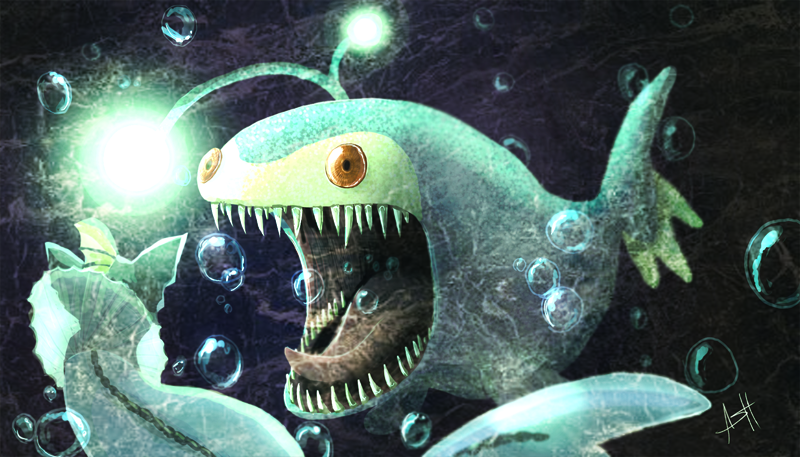


http://www.steamgifts.com/giveaway/MrcOQ/giana-sisters-twisted-dreams
Comment has been collapsed.